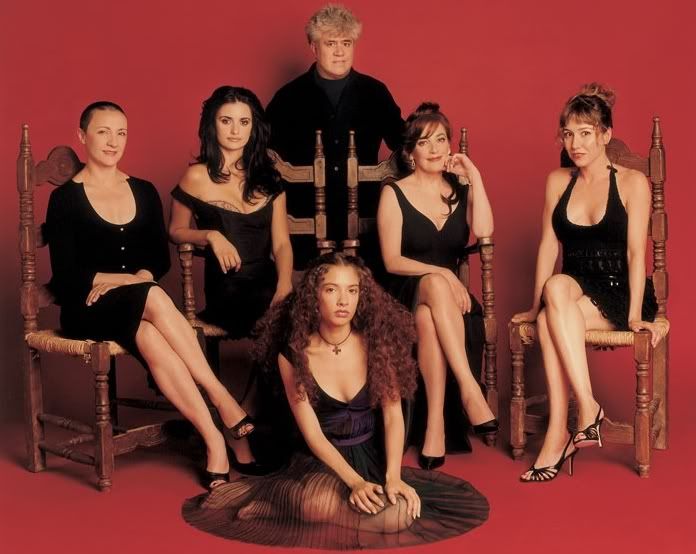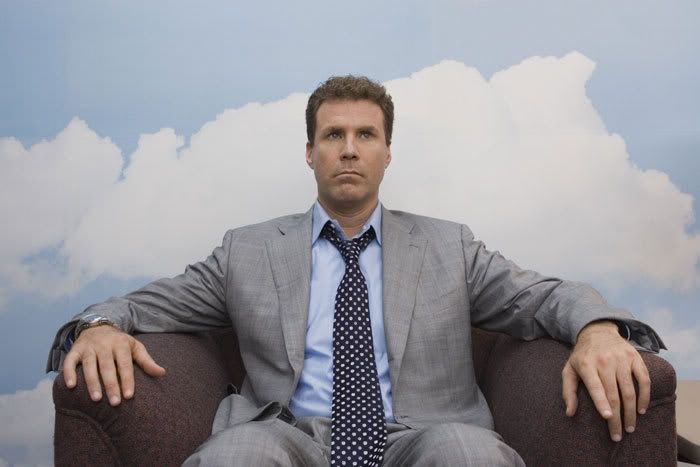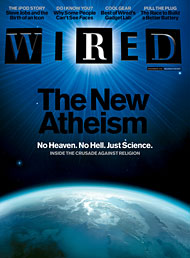Weed vs. Cocaine
by Steven Boone
The unrated DVD version of Dave Chappelle's Block Party left me with such dizzying mixed emotions, I was damn near seasick. My ambivalence is easy to pinpoint: Even though offstage he appears as shrewd and commanding as the producer of a cross-country, star-packed concert documentary should be… onstage he acts like he's in an after hours nightclub, buzzed on weed and Hypnotiq:
DAVE: I was at urinal and I couldn't help but notice the guy next to me. His dick was so small...
MOS DEF: How small was it, Dave?
(PAUSE)
DAVE: He peed on his balls.
Man, Dave, you invited kids, diverse Brooklynites, straightlaced Ohioans, and a sweet old lady to hear you tell dick and ball jokes? This was weed humor, something you'd have to be temporarily relieved of important brain cells not to find insipid. (And let's not even mention the dumbass story of the industrious prostitute.)
Of all the performers he thoughtfully selected in consultation with Questlove of the Roots, Dave himself seems the least in touch with the audience vibe. Yeah, he gets laughs, big ones at times, because of his natural infectious goofiness. That peanut head and cartoon geechee yowl ("Bam! Pimpalicious!") are not to be denied. But you can hear the groan, feel the disappointment when many of his jokes ignore the elevated, loving, communal mood of the event and drag us into the toilet. I thought of Chris Rock's old joke: "They ain't got nothing in a black mall but sneakers and baby clothes. I guess that's all they think we doing—runnin and fuckin!" Dave's Block Party jokes are mostly runnin and fuckin. In a setting so radically life-affirming, that shit hurts.
Sounds like I'm coming from some tightass black conservative perspective, but this is not a plea for sanitized black art. It's a lament for a brilliant comedian showing poor imagination and failing to take the pulse of a crowd that is clearly Spartacus-devoted to him. (Comedian Tommy Davison once joked about leading the black community on a protest march by singing Al Green's "Let's Stay Together." It was supposed to be a joke, at least. The vision of an artist using his instruments to break chains puts a chill down my spine and a lump in my throat.)
I wonder if Dave ever saw Rufus Thomas in Wattstax. Thomas' performance at that landmark concert in Watts, Los Angeles (the black Woodstock, the '70s Block Party) is a study in the power of pure charisma. The paunchy, balding soul jester grooves bowlegged onto the stage with his white sideburns, matching ivory go-go boots, lavender shorts and superhero cape. He coos to the afroed, platformed stadium crowd of thousands, "Ain't I'm cleeeaannn?" It ain't a question. The crowd adores him, this middle-aged fool, this lunatic. But they also respect him. With an authority I haven't seen in any U.S. president, he works the masses into a Soul frenzy with Breakdown, orchestrates a dance riot on the stadium field to The Funky Chicken, then manages to direct everyone back to their seats with a combination of G-rated Dolemite-style jive, comical rhymes and "Power to the People" exhortations. Nobody gets hurt.
That's the kind of emcee I expected Dave to be, a fool but also a leader. In Block Party, when not officially performing, his intelligence and humanistic impulse shine through. He reaches out and influences folks as effortlessly as Thomas. He shows genuine pride at booking the radical rap group Dead Prez—the sonic/social heirs to Public Enemy's righteous noise.
So why does he chose to squander this power onstage with material a middle school delinquent wouldn't carve into his desk?
I suspect a lot of black comedians of Dave's generation (which is mine too) have taken the wrong lessons from their gods, Eddie Murphy and Richard Pryor. For a moment, comic brilliance seemed to go hand in hand with being ready to ejaculate the terms "bitch" and "pussy" on cue. But Pryor and Murphy learned, as their careers mellowed/waned, that they were adored for their imagination, vulnerability and daring, not for their shit-talking. The "raw" talk that Eddie so admired in Richard wasn't his rudeness but his honesty. Unlike Murphy, Chris Rock and Dave Chappelle also latched onto Pryor's stealthily conscientious politics. Chappelle's Show's race-obsessed sketches often play like outtakes from the old Richard Pryor Show—supported by the fact that a key collaborator on Dave's TV opus is Pryor's incendiary former writer, the brilliant Paul Mooney.
But the biggest differences between Pryor and his spawn are his sobriety and his sense of urgency. While Rock's and Chappelle's styles of delivery have evolved from sedate and measured to cartoon manic as their audiences swelled, their political intensity seems to have gone in the opposite direction. "I was in South Africa the other day," Rock would calmly, flatly mutter onstage back in the late '80s. "Or was that Boston?" Boom. A cheap shot, but loaded with thought. Now Chris screams at the top of his lungs about hack comedian topics du jour. Chappelle, who prides himself on being the least ambitious or politically savvy in a family of D.C. intellectuals, nevertheless makes trenchant social observations as if it's in the blood. Yet he prefers to lodge his grievances with Power in the guise of an aimless stoner whose goal is just to get by and get high. This persona's problem with The Law is simply that it sometimes puts up an obstacle to his good times. All the inner city horrors he describes along the way provide grotesque comic window dressing, like Pryor's winos and dopefiends. With Pryor, though, the horror lingered in memory long after the laughs.
Though he isn't the emcee at Wattstax, Pryor does preside over the event and gives it hilarious, piercing context. Stuart intercuts between the concert, street interviews with Watts residents and Pryor's color commentary, filmed in some black studio limbo. Only Pryor is visible during his segments, but you can hear others (camera crew? entourage?) dying laughing through his merciless riffs. Pryor's jabs at white supremacy and police brutality harmonize well with Chappelle's offstage banter. The distinction between their styles, their eras—between brilliant clarity and addled brilliance—is evident in the eyes: Dave's are sleepy; Richard's are startled saucers, narrowing down only to express rage.
Pryor may have done boxcars of cocaine in his time, but whatever that did to his system, it didn't dampen his fire onstage. Whatever Dave is smoking, it isn't helping him reach the bar Richard set for performers of radical imagination—a bar that at one time he seemed capable of clearing and re-setting beyond anybody's expectations.
Images from Dave Chappelle's Block Party: Unrated Version (Universal) and Wattstax-The Special Edition (Warner), both on DVD.









